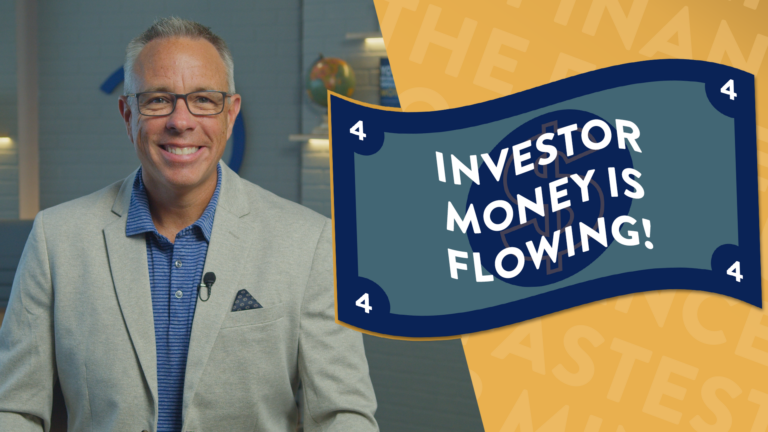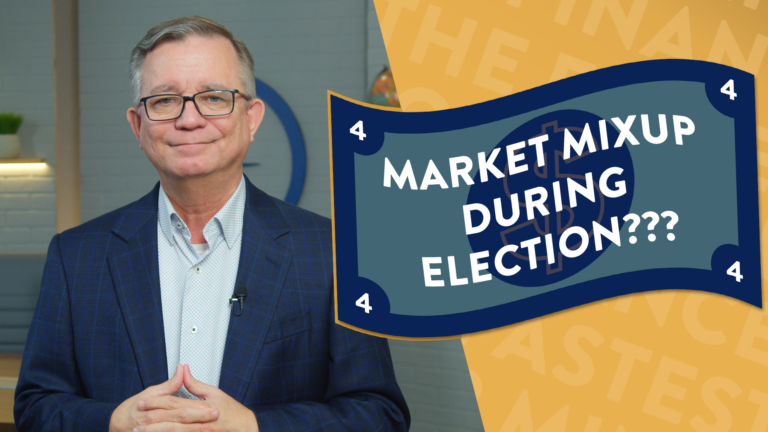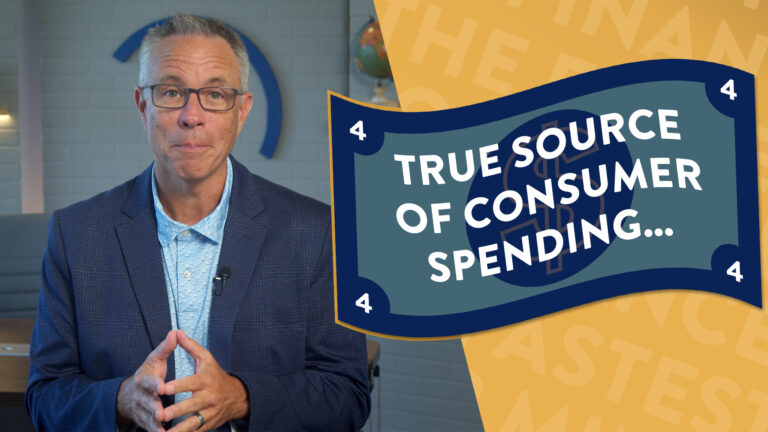We meet with clients of all levels of wealth. Often, this entails advising those who have received a windfall such as an inheritance. It’s not uncommon for beneficiaries to be unsure of how to manage a newly introduced lump sum of money, so I’ve got three steps you can take to help you determine what to do with your inheritance.
Pause and Ponder
The first thing we advise beneficiaries to do is to wait. That may be the hardest advice to heed because it takes some discipline. It’s especially difficult when you have a laundry list of home repairs, credit card debt to pay off, or a vacation you’ve been dreaming of for years. This cooling-off period is necessary however because very often you’ll find that your short-term expenses aren’t as important as your long-term aspirations. Time will help you sort them out. While you wait, construct a plan in order to eliminate making emotional financial decisions. You’ll likely find that working through a plan will lead to more logical decisions instead that may better benefit you in the long run.
Make Your List and Check It Twice
During the planning process, create a list of goals. These goals don’t have to be limited to solely financial goals; they can be personal goals as well. What are your lifelong dreams? What do you want to accomplish in the various stages of your life? Ask yourself how this windfall can fit into your plan and help you attain your goals. You may find that as you put your big ideas on paper, your dreams could start to look more like reality.
First Thing’s First
Next, prioritize what you’re going to tackle first. This might be where some of us get hung up. There are so many ideas and wants in life, but how to address them and when is important in order to make them happen. Here’s what we suggest:
- Establish an emergency fund of 3-6 months of living expenses. This will help to stay out of debt because the next time an auto repair situation arises you don’t have to break out the credit card.
- Pay down debt, especially student loans and credit card debt. If you have an auto loan, tackle that next. Paying of mortgages may depend on your life stage. If you are young and have stable employment, you possibly should invest some of your dollars instead. If you are nearing retirement, pay off the mortgage.
- Maximize your retirement savings such as in a Roth IRA or in your 401(k) contributions at work. Do this every year if possible.
- Have fun! After you have successfully executed a financial plan then reward yourself. Take that dream vacation but limit a percentage of your inheritance towards discretionary spending to no more than 10%.
Receiving an inheritance can be bittersweet. It means you’ve lost a loved one and are now receiving a final gift from them. Seek help from a trusted advisor to help you navigate financial decisions. We can help you with a plan, take the emotion out of decisions, and ultimately help to relieve a burden while you grieve. It’s one less thing on your plate during a difficult time and can greatly benefit your future for years to come.
The opinions voiced in this material are for general information only and are not intended to provide specific advice or recommendations for any individual.





